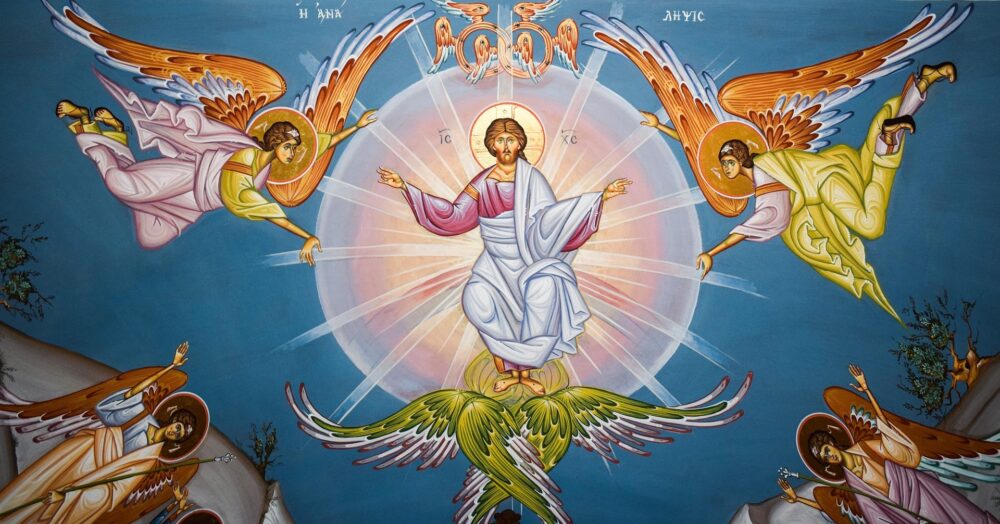That night the king could not sleep; so he ordered the book of the chronicles, the record of his reign, to be brought in and read to him. It was found recorded there that Mordecai had exposed Bigthana and Teresh, two of the king’s officers who guarded the doorway, who had conspired to assassinate King Xerxes. “What honor and recognition has Mordecai received for this?” the king asked. “Nothing has been done for him,” his attendants answered. The king said, “Who is in the court?” Now Haman had just entered the outer court of the palace to speak to the king about impaling Mordecai on the pole he had set up for him. His attendants answered, “Haman is standing in the court.” “Bring him in,” the king ordered. When Haman entered, the king asked him, “What should be done for the man the king delights to honor?” Now Haman thought to himself, “Who is there that the king would rather honor than me?” So he answered the king, “For the man the king delights to honor, have them bring a royal robe the king has worn and a horse the king has ridden, one with a royal crest placed on its head. Then let the robe and horse be entrusted to one of the king’s most noble princes. Let them robe the man the king delights to honor, and lead him on the horse through the city streets, proclaiming before him, ‘This is what is done for the man the king delights to honor!’ ” “Go at once,” the king commanded Haman. “Get the robe and the horse and do just as you have suggested for Mordecai the Jew, who sits at the king’s gate. Do not neglect anything you have recommended.” So Haman got the robe and the horse. He robed Mordecai, and led him on horseback through the city streets, proclaiming before him, “This is what is done for the man the king delights to honor!” Afterward Mordecai returned to the king’s gate. But Haman rushed home, with his head covered in grief, and told Zeresh his wife and all his friends everything that had happened to him. His advisers and his wife Zeresh said to him, “Since Mordecai, before whom your downfall has started, is of Jewish origin, you cannot stand against him—you will surely come to ruin!” While they were still talking with him, the king’s eunuchs arrived and hurried Haman away to the banquet Esther had prepared.
–Esther 6 (TNIV)
Yesterday I introduced the book of Esther and noted that nowhere in it is God’s name explicitly mentioned, but that God is at work in the ordinary circumstances, events, and people in the narrative. Today the story continues to unfold and the wicked Haman is getting ready to reap the fruits of his wickedness.
Notice how circumstances once again conspire to set the stage for his undoing. King Xerxes cannot sleep and so he orders his chronicles to be read and is reminded of Mordecai’s great kindness toward him. Haman just happens to be in the king’s court and his proud arrogance and assumption lead him to humiliation. He must do for Mordecai whom he hates, that which he hates and which brings him humiliation.
Notice too the fair weather fans. Yesterday we read where Haman’s wife and friends puffed him up by singing his praises. Today they are raining on his parade, implying that because Haman is against the Jews he is against their God, and that spells trouble.
As we saw yesterday, we can take comfort in the fact that God is active in our lives, even when we cannot see that he is. This is when we must live in faith. As the writer of Hebrews says, “faith is being sure of what we hope for and certain of what we do not see” (Hebrews 11:1). The writer of Esther is showing us how that works in real life. Thanks be to God.
